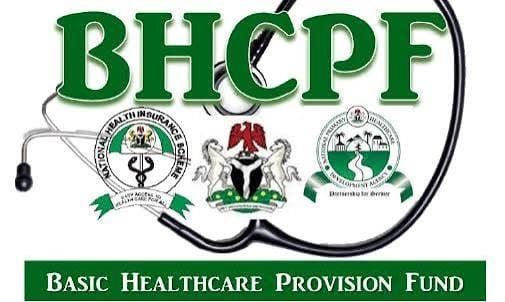
Coordinating Minister of Health, Prof. Pate
ABUJA, Nigeria – The federal government, state authorities and development partners have endorsed a new wave of reforms aimed at strengthening accountability, improving financing and expanding primary healthcare delivery across Nigeria.
The commitments were formalised in a communiqué issued on Saturday following the 2025 Health Sector–Wide Joint Annual Review (JAR) held in Abuja.
The three-day forum, held from 12–14 November, represents Nigeria’s strongest push yet to consolidate its Sector-Wide Approach (SWAp) built on the principles of “One Plan, One Budget, One Report, One Conversation.”
The review evaluated progress under the Nigeria Health Sector Renewal and Investment Initiative (NHSRII) and assessed how federal and state systems are advancing towards Universal Health Coverage (UHC).
A major outcome was the signing of the UHC Compact Addendum, expanding the national compact to include private sector actors, traditional institutions and multiple ministries. According to the communiqué, the addendum strengthens accountability through clearer ‘Ask-and-Offer’ mechanisms and responds to shifting global health financing conditions.
Despite these gains, implementation remains inconsistent. Fewer than half of states operate functional coordination platforms, and alignment to the One Plan/One Budget system varies widely. Presentations highlighted a 17 per cent reduction in maternal mortality in early-implementing LGAs under the MAMII programme, alongside improving neonatal outcomes. However, only 32 per cent of CEmONC facilities meet minimum readiness standards, with blood shortages undermining emergency care.
Primary healthcare performance shows improvement—especially in 24-hour service availability, electricity and WASH standards—but staffing shortages and commodity stockouts continue to weaken service delivery.
The review also warned of rising financial vulnerability as domestic financing grows but external funding declines. Discussions on vaccine financing underscored the need for predictable counterpart contributions and improved budget execution.
The government used the forum to launch major data products, including the National CEmONC Readiness Assessment Report, the Climate and Health Adaptation Plan, NAPHS-2 and new digital health tools designed to strengthen data quality and resilience.




